|
|
|
Editor's note
|
|
For many of us, the weekend offers some time to unwind from the week. Whether work has been stressful, or we’re simply seeking respite from the demands of our increasingly busy lives, there are many ways we can relax.
The ancient practice of meditation hails from Eastern cultures, but has become popular all over the world. While many people meditate for its spiritual dimension, meditation is also commonly used to manage stress.
Importantly, the notion that meditation calms the body and improves overall wellbeing is actually backed by science. As Michaela Pascoe writes, meditation – and yoga too – affect the brain’s stress response system to help us feel more relaxed. These practices can even lower our blood pressure.
So if you’re looking for a new way to de-stress this weekend, you might like to give meditation a try. For now though, relax and enjoy this edition of Thrive.
|
|
|
|
|

Different types of meditation can decrease our stress levels to varying degrees.
From shutterstock.com
Michaela Pascoe, Victoria University
Meditation and yoga affect the brain's stress response system to help us feel more relaxed. They can even lower our blood pressure.
|
From the archives
|
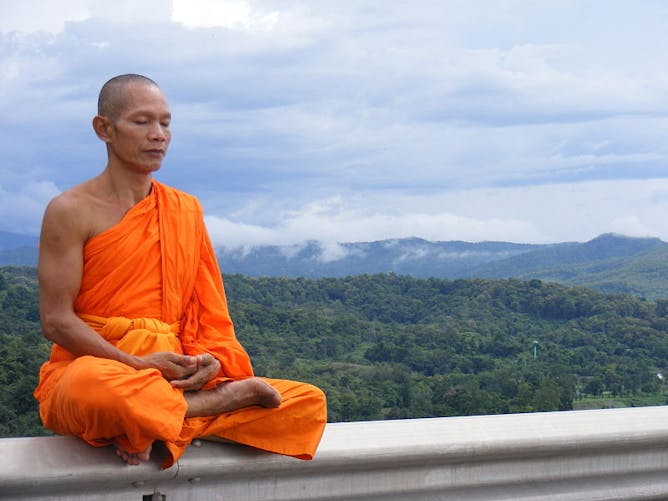
Long-term meditators have larger sections of the brain responsible for regulating emotion.
Tezatrataz/Phra Ajan Jerapunyo Abbot of Watkungtaphao
Jonathan Krygier, University of Sydney; Andrew H Kemp, University of Sydney
Meditation has traditionally been associated with Eastern mysticism but science is beginning to show that cultivating a “heightened” state of consciousness can have a major impact on our brain, the way…
|
|
|
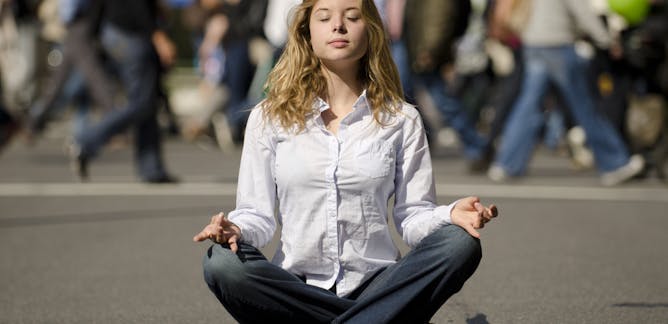
Ramesh Manocha, University of Sydney
Ever been unable to sleep because you can’t switch off that stream of thoughts that seems to flow incessantly, mercilessly through your head? When your mental noise distracts you from the task at hand…
| |
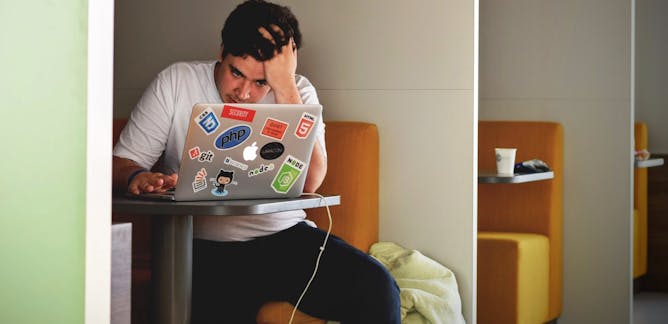
Stephen Mattarollo, The University of Queensland; Michael Nissen, The University of Queensland
Stress has subtle, underlying effects on almost every part of the body, including the heart, gut and immune system.
|
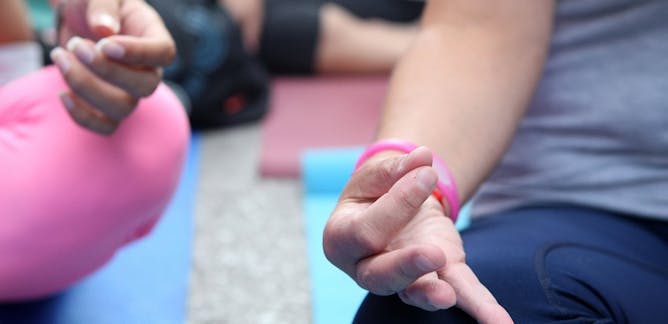
Lea Waters, University of Melbourne
New research in the fields of psychology, education and neuroscience shows teaching meditation in schools is having positive effects on students' well-being, social skills and academic skills.
| |

Rafael A Calvo, University of Sydney; Dorian Peters, University of Sydney
Apple's smartwatch promises to optimise our productivity and competitiveness. But can the new Breathe app for the watch help us to relax and make us mindful?
|
|
|
Expert answers to serious, weird and wacky questions
|

A study found the headache went away when participants were given decaf but didn’t know.
nathan dumlao unsplash
Merlin Thomas, Monash University
We've all experienced that tense pain in our heads when we're withdrawing from caffeine. But why?
|
|
|
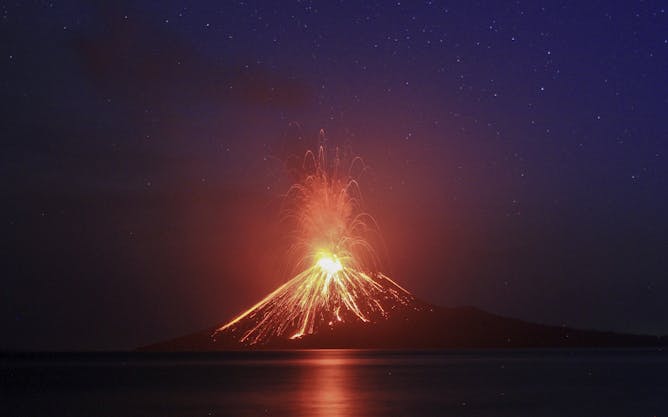
Earth experiences constant volcanic activity - here’s Indonesia’s Mount Anak Krakatau (Child of Krakatoa) photographed in July 2018.
EPA/AAP
Helen Maynard-Casely, Australian Nuclear Science and Technology Organisation
Compared to Earth, more "oomph" is required to bring magma to the surface of Mars, and this is probably why we haven't seen any recent eruptions on the red planet.
|
|
|
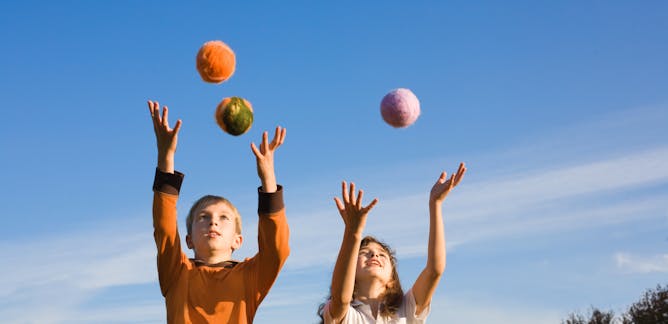
Monica Grady, The Open University
It's not just Earth: everything in the universe has it's own pull because of gravity – even you. Here's how it works.
| |
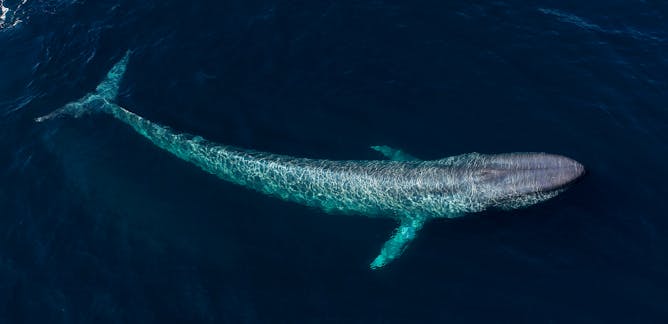
Wally Franklin, Southern Cross University; Trish Franklin, Southern Cross University
The only sea creature known to attack blue whales is the orca, also known as a 'killer whale'. But humans present a much bigger threat to them.
|
|
|
|
|
| |
Featured jobs
|

|
La Trobe University — Bundoora, Victoria
|

|
RMIT University — Melbourne, Victoria
|

|
University of Melbourne — Parkville, Victoria
|

|
University of Wollongong — Wollongong, New South Wales
|
|
|
|
Featured events
|

|
State Library Theatrette, Enter via Entry 3, 179 La Trobe Street, Melbourne, Victoria, 3000, Australia — La Trobe University
|

|
900 Dandenong Road, Caulfield East, Victoria, 3800, Australia — Monash University
|

|
Engineers Australia Level 31 600 Bourke Street, Melbourne, Victoria, 3000, Australia — RMIT University
|

|
ATC 101 Lecture Theatre, Level 1, Advanced Technologies Centre, Swinburne University of Technology, 401 - 451 Burwood Rd, Hawthorn, Victoria, 3122, Australia — Swinburne University of Technology
|
|
|
|
| |
| |
| |
| |
| |
|
|
|
|
|
|
|